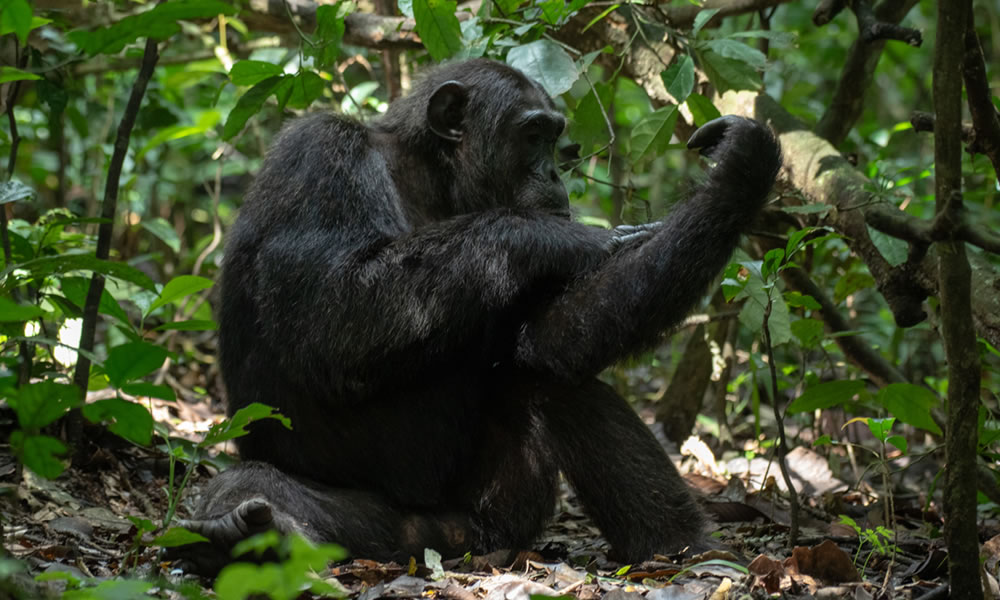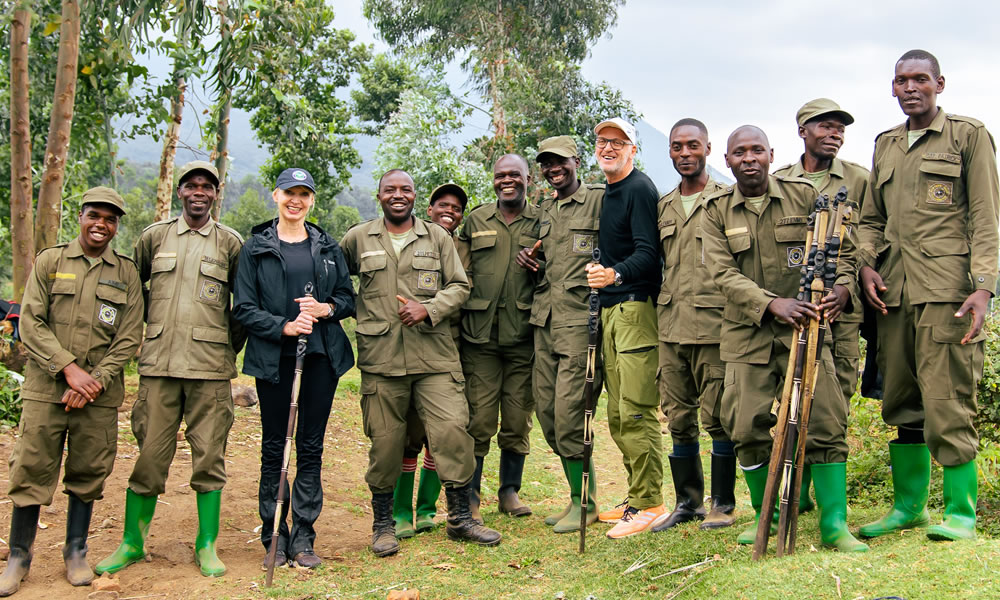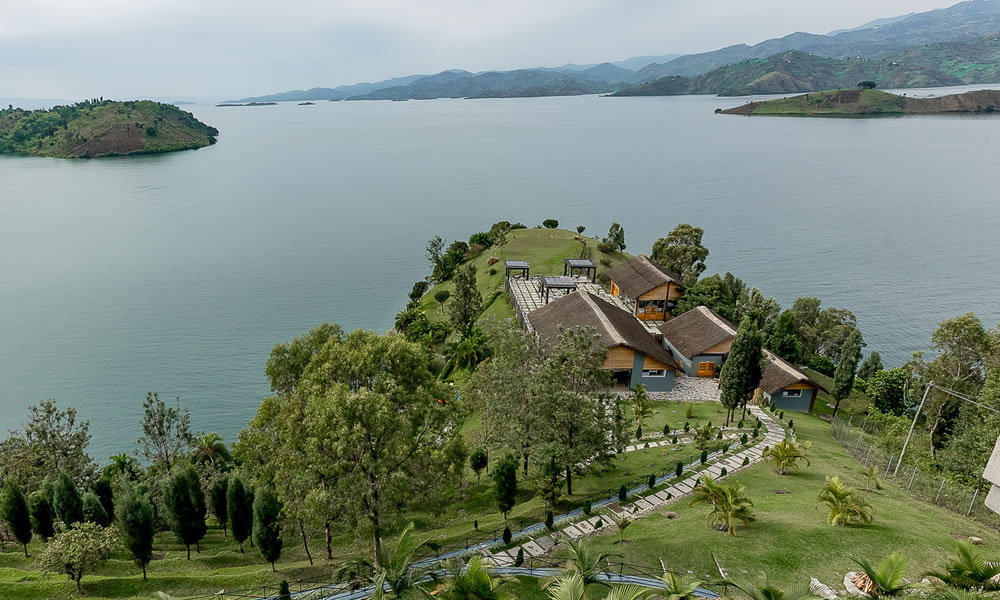
Chimpanzee Habituation in Kibale Forest National Park.
Kibale Forest National Park in western Uganda is a haven for primate lovers, boasting one of the highest concentrations of primates in Africa. Among its thirteen primate species, chimpanzees are the star attraction. For travelers seeking an immersive and unparalleled encounter with these fascinating creatures, the Chimpanzee Habituation in Kibale Forest National Park offers a rare opportunity to spend an extended period observing and learning about our closest genetic relatives in their natural habitat.
What is Chimpanzee Habituation?
Chimpanzee habituation is the process of acclimating wild chimpanzees to the presence of humans while minimizing disruption to their natural behavior. This scientific effort is vital for research, conservation, and tourism. Unlike the standard chimpanzee tracking experience, which lasts about an hour, the habituation experience allows participants to spend a full day in the company of a chimpanzee troop, following their daily activities from dawn to dusk.
Chimpanzee Habituation Experience
The Chimpanzee Habituation Experience begins early in the morning, often before sunrise, when the chimpanzees are just waking up in their nests. Visitors, accompanied by trained guides and researchers, trek through Kibale’s dense forest to locate the chimpanzees.
Once the troop is found, the day unfolds in fascinating ways:
– Morning Routines: Observe as the chimpanzees emerge from their nests, interact with each other, and forage for food.
– Daily Activities: The day provides insights into their behaviors, including grooming, hunting, playing, and social interactions.
– Learning Opportunities: Guides and researchers share detailed knowledge about chimpanzee behavior, ecology, and the challenges of conservation.
– Evening Nesting: As the day concludes, participants witness the chimpanzees creating their nests for the night, a process that signals the end of their active hours.
The experience is physically demanding, as it involves navigating through the forest’s uneven terrain, but it is immensely rewarding for wildlife enthusiasts and those eager to understand chimpanzee life.
Why Kibale Forest National Park?
Kibale Forest is renowned as the “Primate Capital of the World”, with over 1,500 chimpanzees and a dense population of other primates, including colobus monkeys, red-tailed monkeys, and L’Hoest’s monkeys. The park’s biodiversity, coupled with well-managed conservation programs, makes it an ideal destination for chimpanzee habituation.
The habituation experience not only enriches visitors but also plays a critical role in conservation. By participating, tourists contribute financially to the protection of chimpanzees and their habitats. Funds generated from the activity support anti-poaching efforts, forest conservation, and community-based initiatives.
Furthermore, the experience highlights the importance of preserving these primates and their ecosystems, fostering a deeper appreciation among participants.
Practical Information
– Best Time to Visit: The experience is available year-round, but the dry seasons (December to February and June to September) offer more comfortable trekking conditions.
– Permits: Permits for the Chimpanzee Habituation Experience must be secured in advance through the Uganda Wildlife Authority or a trusted tour operator.
– What to Bring: Comfortable hiking boots, long-sleeved clothing, insect repellent, a hat, and plenty of water are essential for the trek.
Chimpanzee habituation in Kibale Forest National Park is more than just a wildlife adventure; it’s a journey into the heart of primate behavior and conservation. Spending an entire day immersed in the lives of these intelligent and social creatures offers an unforgettable experience, leaving visitors with a profound connection to nature and a deeper appreciation for the efforts required to protect it.



